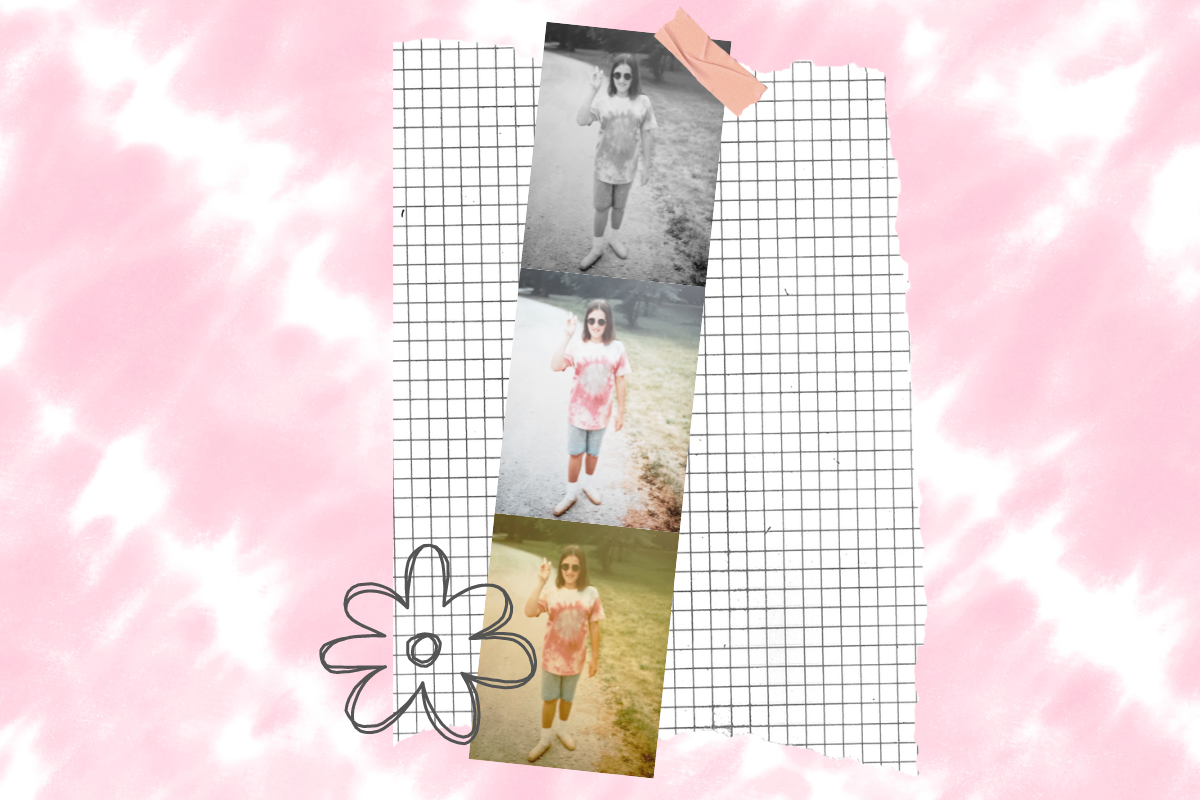Two years after arriving in the United States from the former Soviet Union, I schlepped an old Soviet suitcase to a Jewish sleepaway camp. My father heaving the suitcase up the stairs and into the cabin is an image that still mortifies me. If you hail from Eastern Europe, you probably know this suitcase well. It looked like it saw Ellis Island a century earlier, not LaGuardia in the ‘90s – brown, no wheels, metal buckles, its better days far behind.
At camp, the cultural divide between me and my bunkmates was so vast that the Atlantic might as well have been between us still. My bunkmates shopped at the mall and wore boxer shorts from the Gap (the ‘90s, remember?). We (me along with other recent arrivals) cut the tags out of our clothes to remove evidence of the previous owner’s name scrawled inside with a Sharpie (a former camper too, perhaps). Did we really walk to the shower with a plastic grocery bag rather than a caddy? We did indeed. While our bunkmates could afford to be at camp, our recently arrived parents struggled with English and finding jobs. Camp tuition was years away from being in the budget.
More notable than outwardly differences were the less visible ones. There is no wider cultural gap than the one everyone assumes does not exist. We were new to Judaism — to the camp version at that: its emphasis on togetherness and empowerment, the kumbaya of it all. And the cheering — all that cheering. These constructs could not have been more foreign to us, coming from a place where keeping secrets was tantamount to safety. In the former Soviet Union, being Jewish was a label imposed by others and marred with struggle and fear. At camp, we were not only invited to celebrate our Jewishness, but define it on our own terms, a freedom we had yet to recognize.
I did not belong. Not with that suitcase in tow. It had only recently contained a selection of possessions that was carefully chosen to cross the ocean with us — tchotchkes, shmotkes, family photos, a camel wool blanket, an enamel pot. Now the items inside it (despite meeting their functional requirements) only served to amplify the cultural divide. An ugly approximation of the packing list: hand-me-downs, off-brand toiletries, frayed Soviet towels. Who in the world even owns 14 t-shirts and shorts?!
Some 30 years later, when I sent my own daughter off to sleepaway camp for the first time, I became preoccupied with her packing list months before departure. I debated acquiring a new pricey duffel and getting it monogrammed, eventually settling on one that we already owned. I progressed through the packing list, checking off all of the 14 t-shirts and shorts with fleeting regard to cost. I labeled them all with a Sharpie. I consulted my Jewish mom tribe regarding the proper brand of water bottle and purchased a pack of decals with sayings like “girls are strong.” I let her bring her nail polish and the fancy stationery. All the while packing, my mind was busy unpacking the memories that had been so neatly stored away.
I was determined to avoid the same feelings of otherness for her. I lacked the realization that this problem is mine and mine alone.
Some days I find her smiling face in the hundreds of photos posted daily on the camp’s website (refresh, refresh, refresh) and I’m struck by the reminder that she is not unlike my bunkmates from the past. Her Judaism, a source of pride and a cocoon of safety. It is synonymous with joy, togetherness and songs she knows the words to. She may never experience what it is like to not know where to buy a shower caddy, let alone afford one. But she also doesn’t embarrass easily and would have no qualms about using a plastic bag if need be.
It wasn’t until I became an adult that I finally splurged on a suitcase with wheels. But it turns out that I’ve been figuratively carrying the Soviet suitcase with me all these years, too — a constant companion and a vehicle for these memories that bubbled to the surface.
Today, I feel an overwhelming sense of belonging in my Jewish community. Not because I assimilated (despite that being the case to a large extent), but because my camp experience planted the seeds to not only define my Judaism, but to empower my children to do the same. I’m still that girl with the Soviet suitcase, but I’m embarrassed of it no more.








